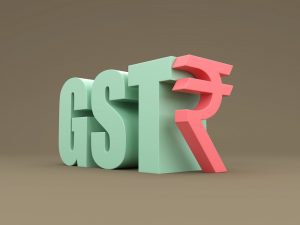 In a significant ruling that promises ease of compliance to taxpayers under the goods and services tax, the Supreme Court has held that companies can correct human or arithmetical errors in tax filings and should not be penalised for that and must not be denied input tax credit due to these.
In a significant ruling that promises ease of compliance to taxpayers under the goods and services tax, the Supreme Court has held that companies can correct human or arithmetical errors in tax filings and should not be penalised for that and must not be denied input tax credit due to these.
Further, taking note of the rigid interpretation of rectification deadlines by tax authorities, the Supreme Court has also issued a notice to the Central Board of Indirect Taxes and Customs (CBIC) to address the issue appropriately.
The ruling comes in an appeal filed by the CBIC against a Bombay High Court ruling in the case of Aberdare Technologies. The Bombay High Court had allowed the rectification of GST returns either electronically or manually.
The Supreme Court, in its ruling, held that the CBIC must re-examine the provisions and timelines fixed for correcting the bonafide errors. “Timelines should be realistic as lapse or defect invariably is realised when input tax credit is denied to the purchaser when benefit of tax paid is denied,” it noted.
“Human errors and mistakes are normal, and errors are also made by the Revenue,” it held. The order was passed by a Division Bench comprising Chief Justice Sanjiv Khanna and Justice Sanjay Kumar.
Underlining that software limitation itself cannot be a good justification, as software are meant ease compliance and can be configured, the Supreme Court dismissed the special leave petition filed by the CBIC.
Welcoming the ruling, tax experts noted that the issue of input tax credit (ITC) denial due to clerical or technical errors in GST filings has long been a point of contention between businesses and tax authorities. Under the Central GST Act, buyers claim ITC based on tax invoices issued by suppliers, which must be reflected correctly in the GST returns. However, there have been several instances where suppliers have by mistake made clerical errors leasing to denial of ITC to the buyer and causing significant financial and compliance issues.
Source: The Economic Times


